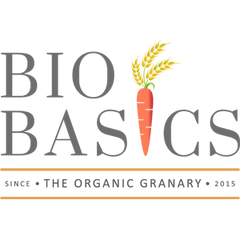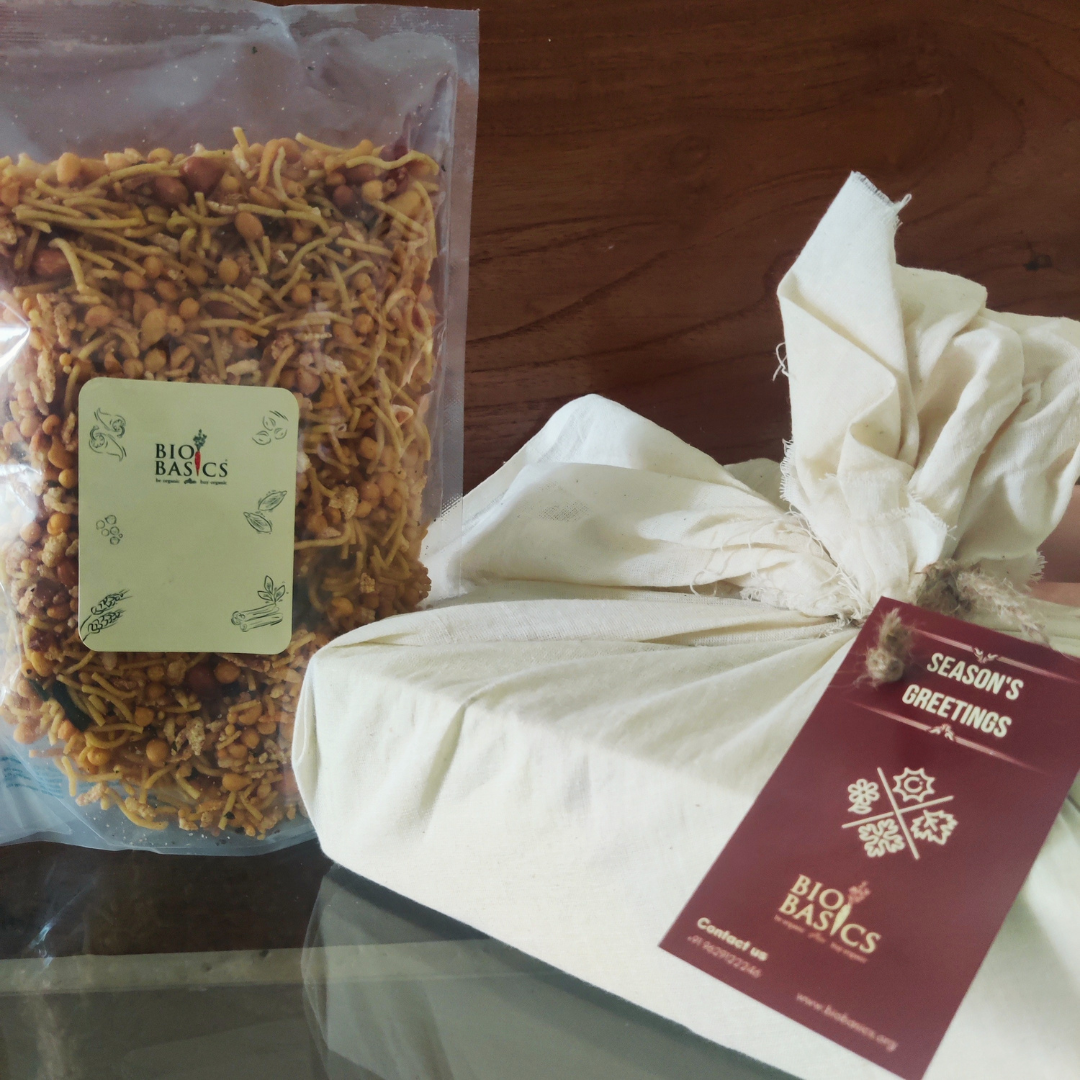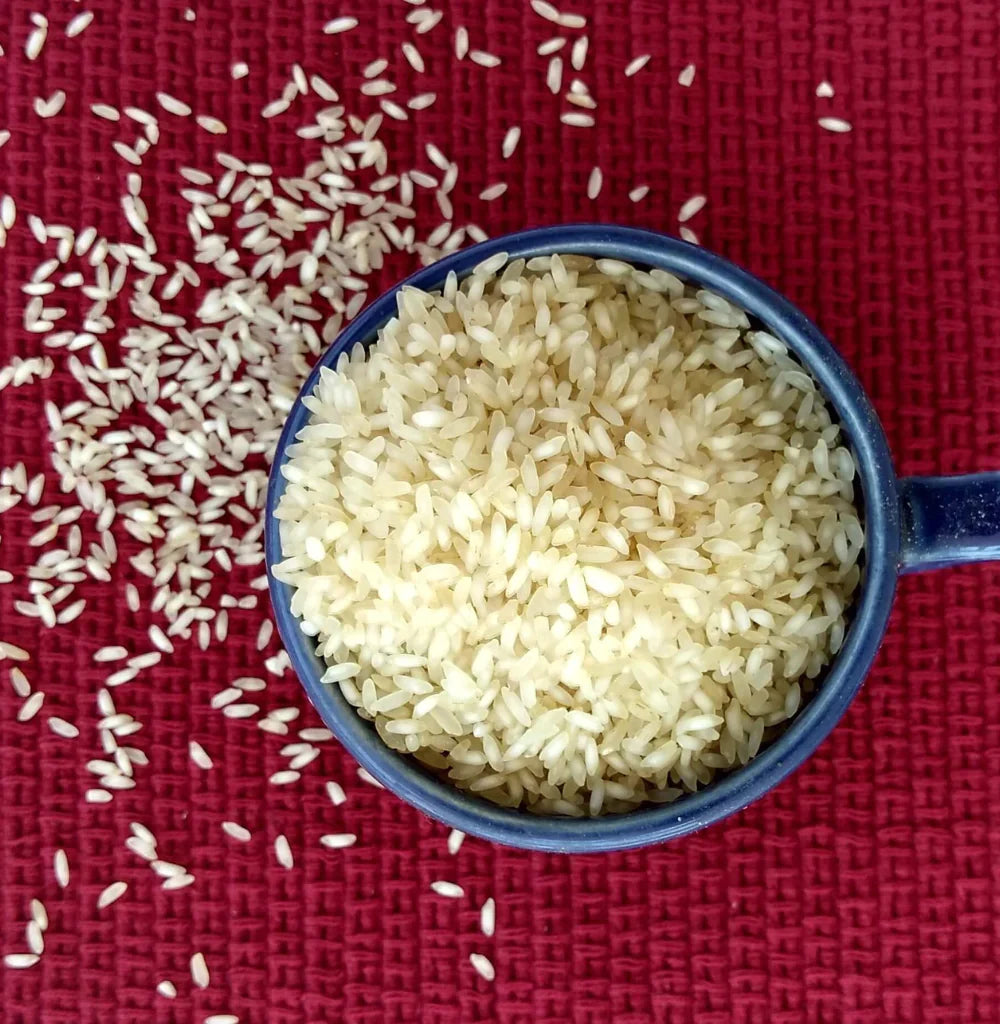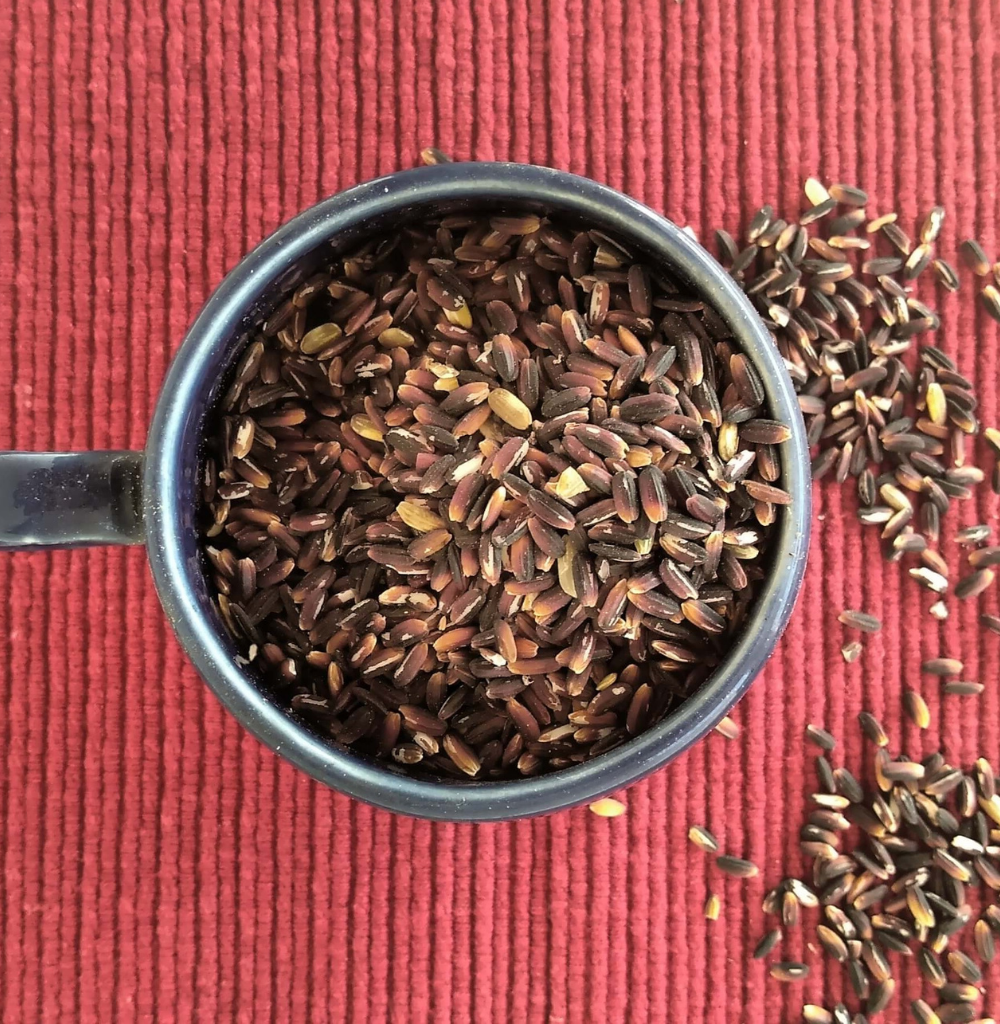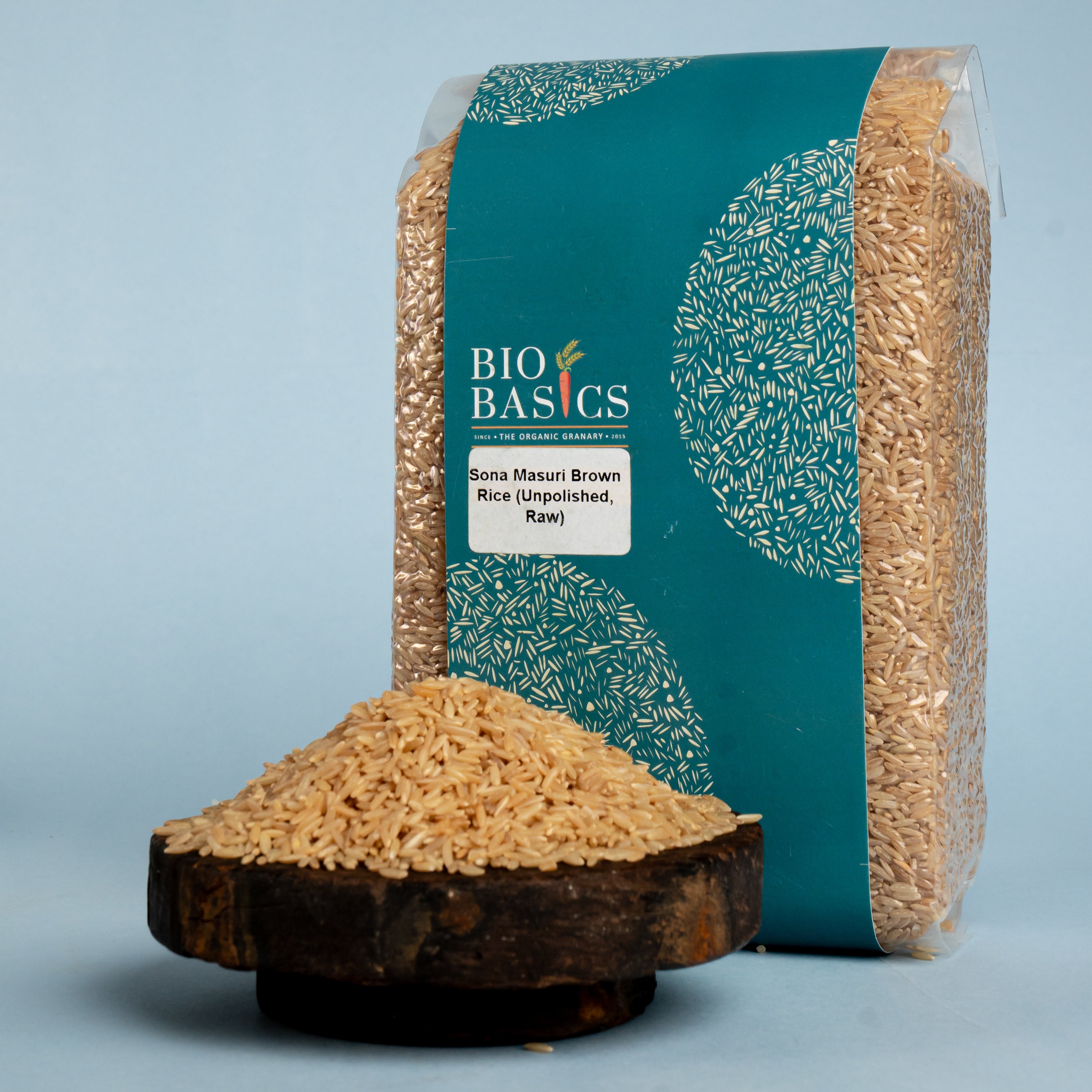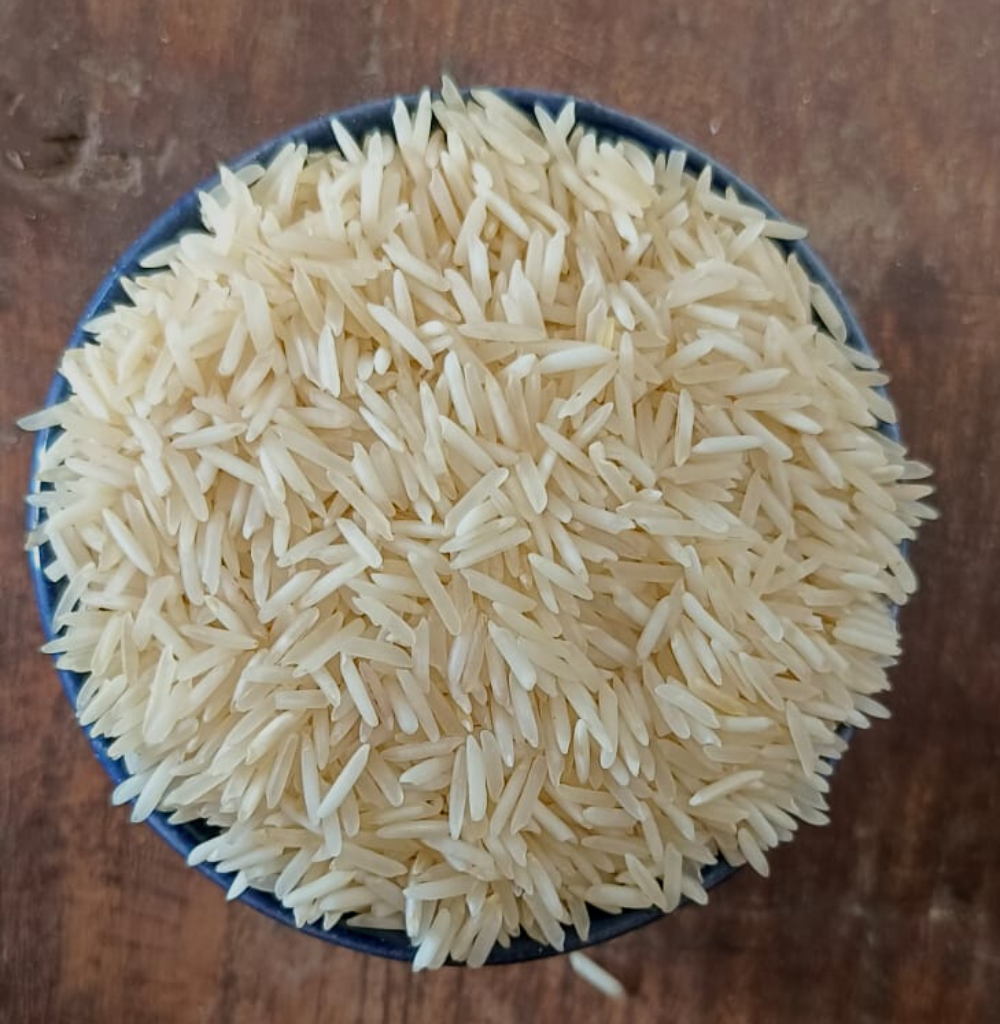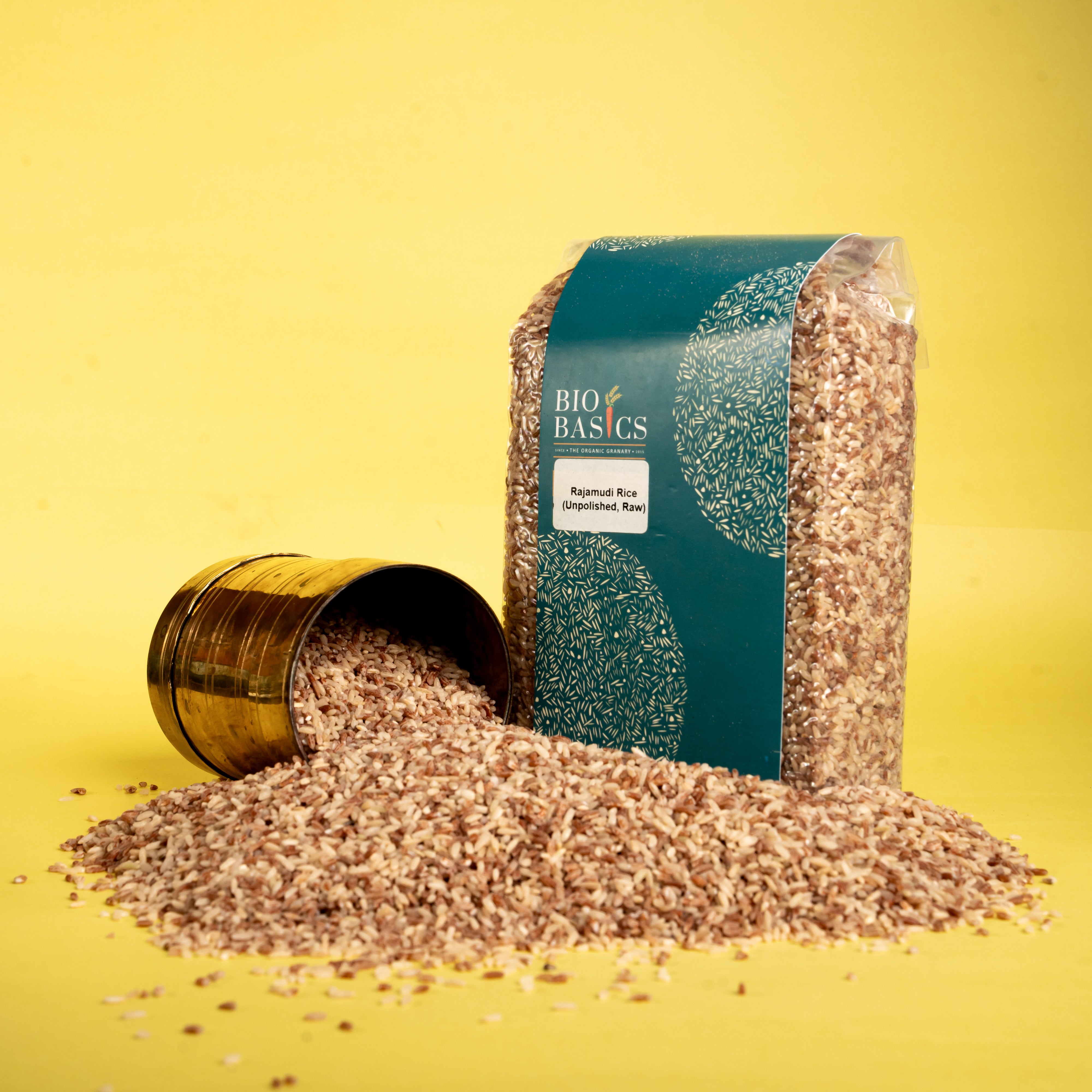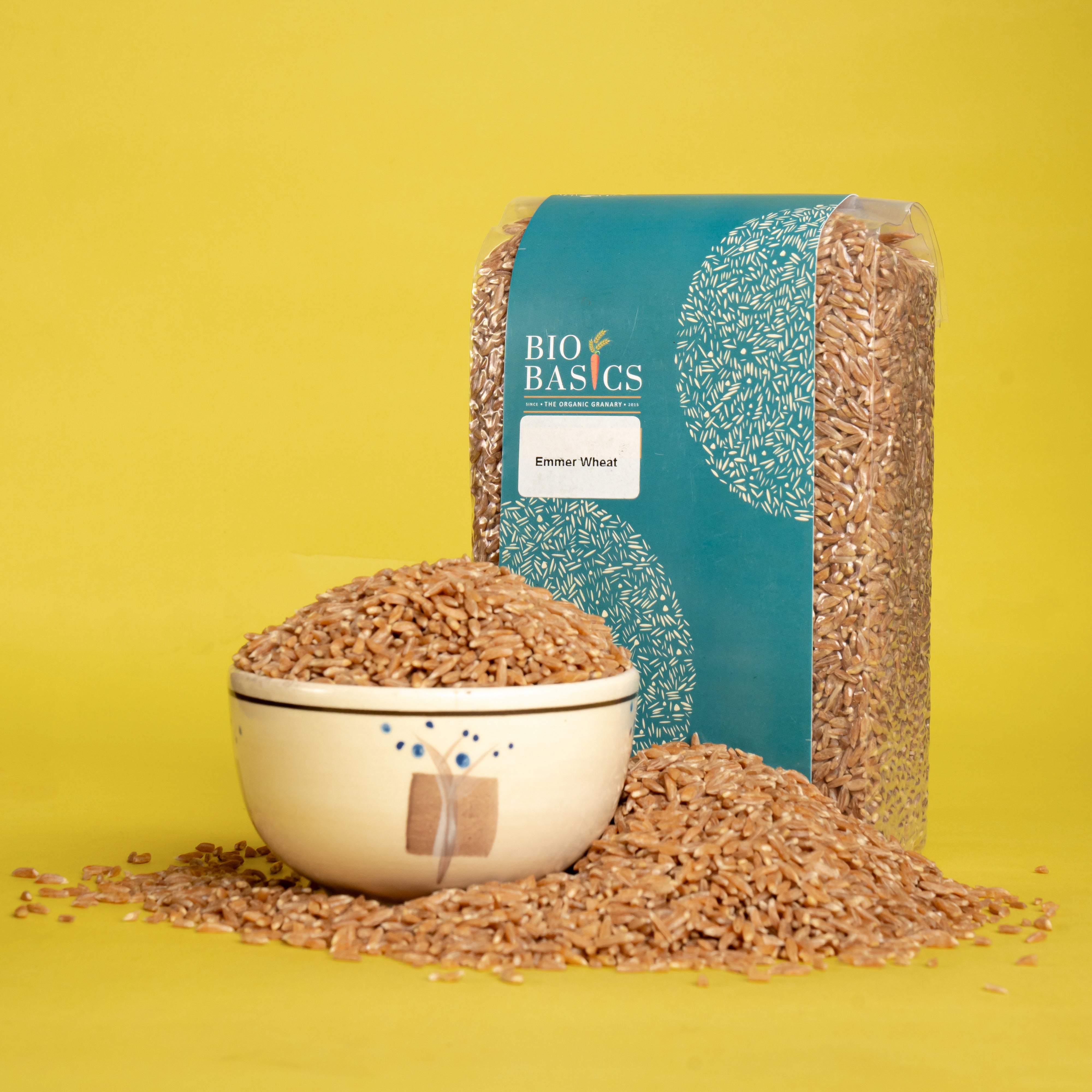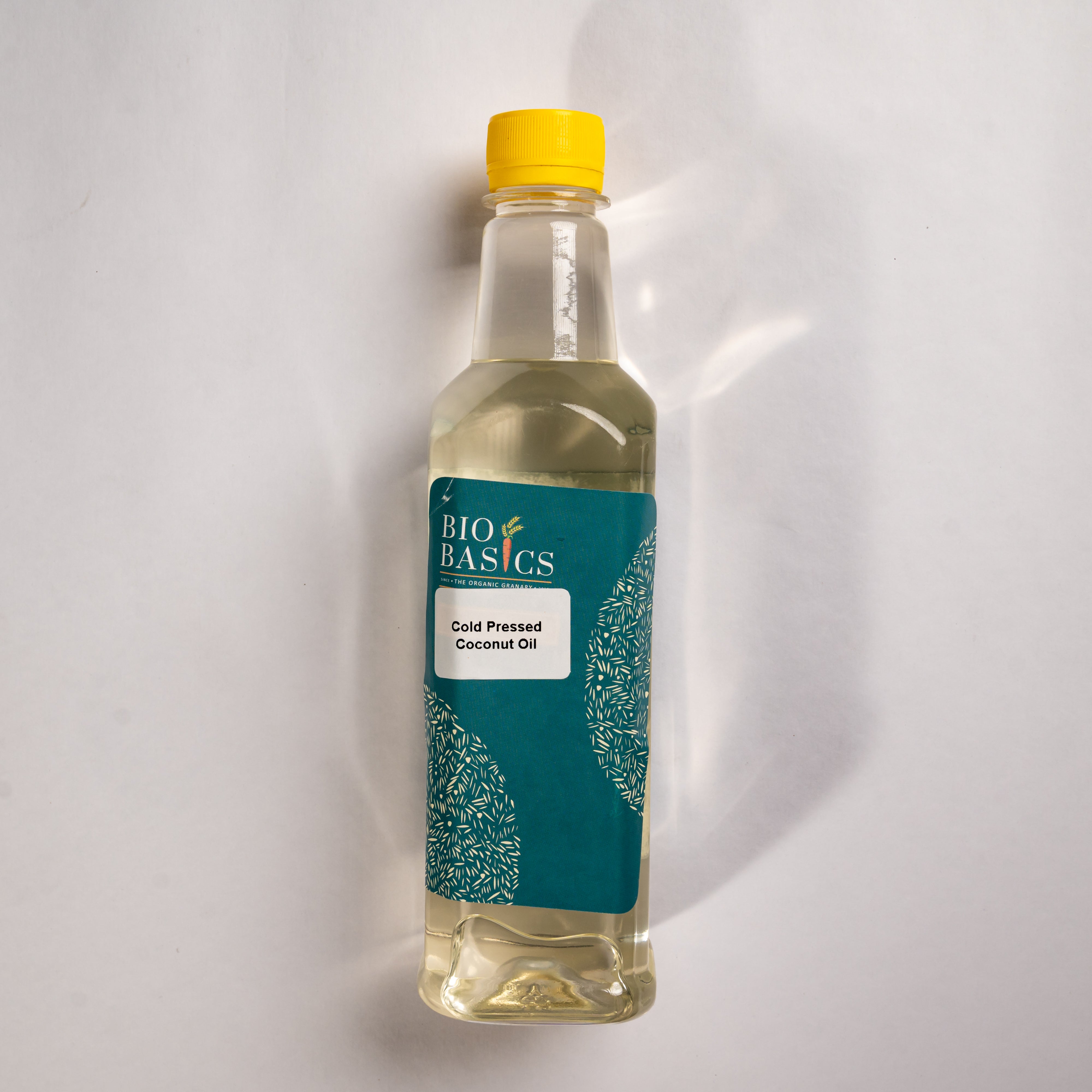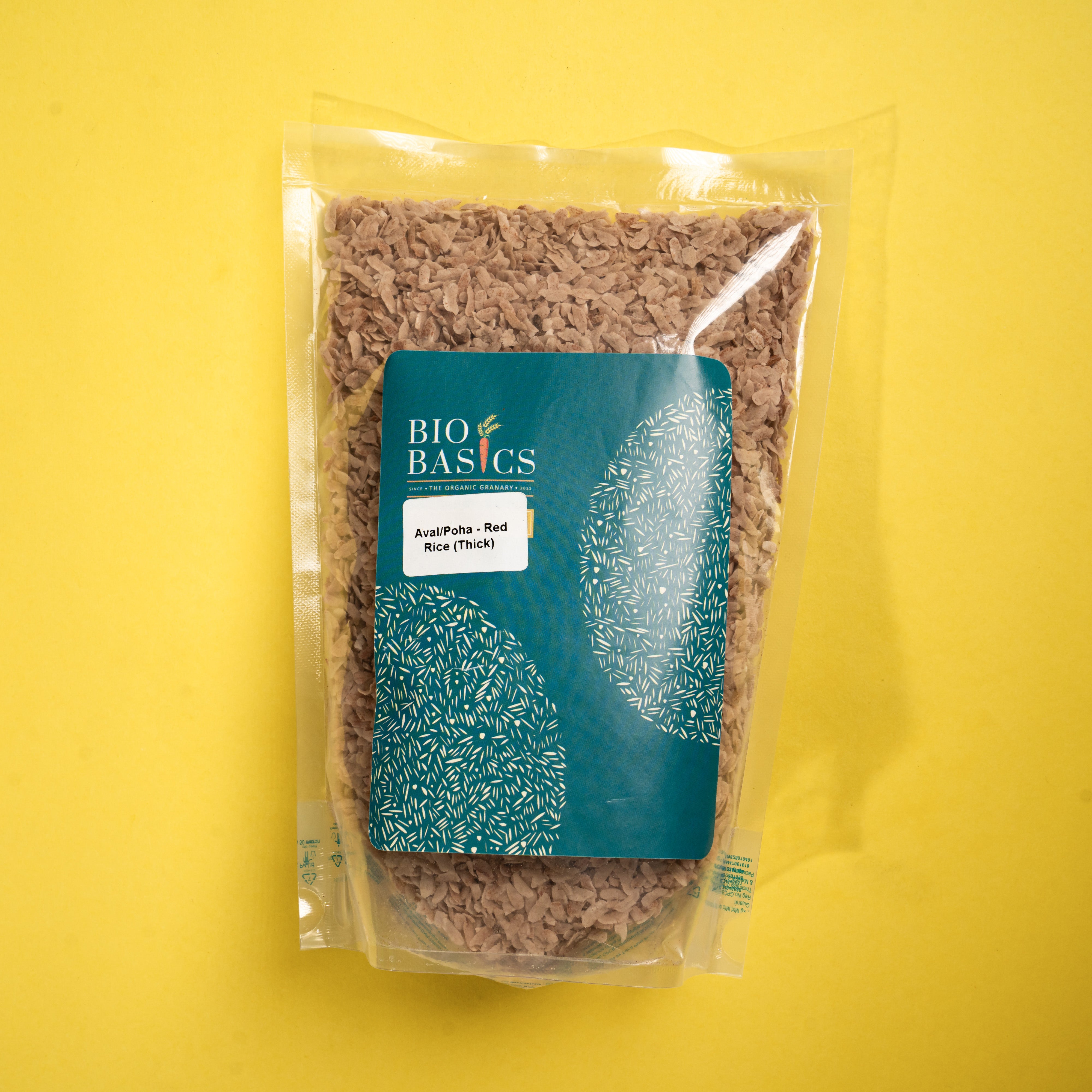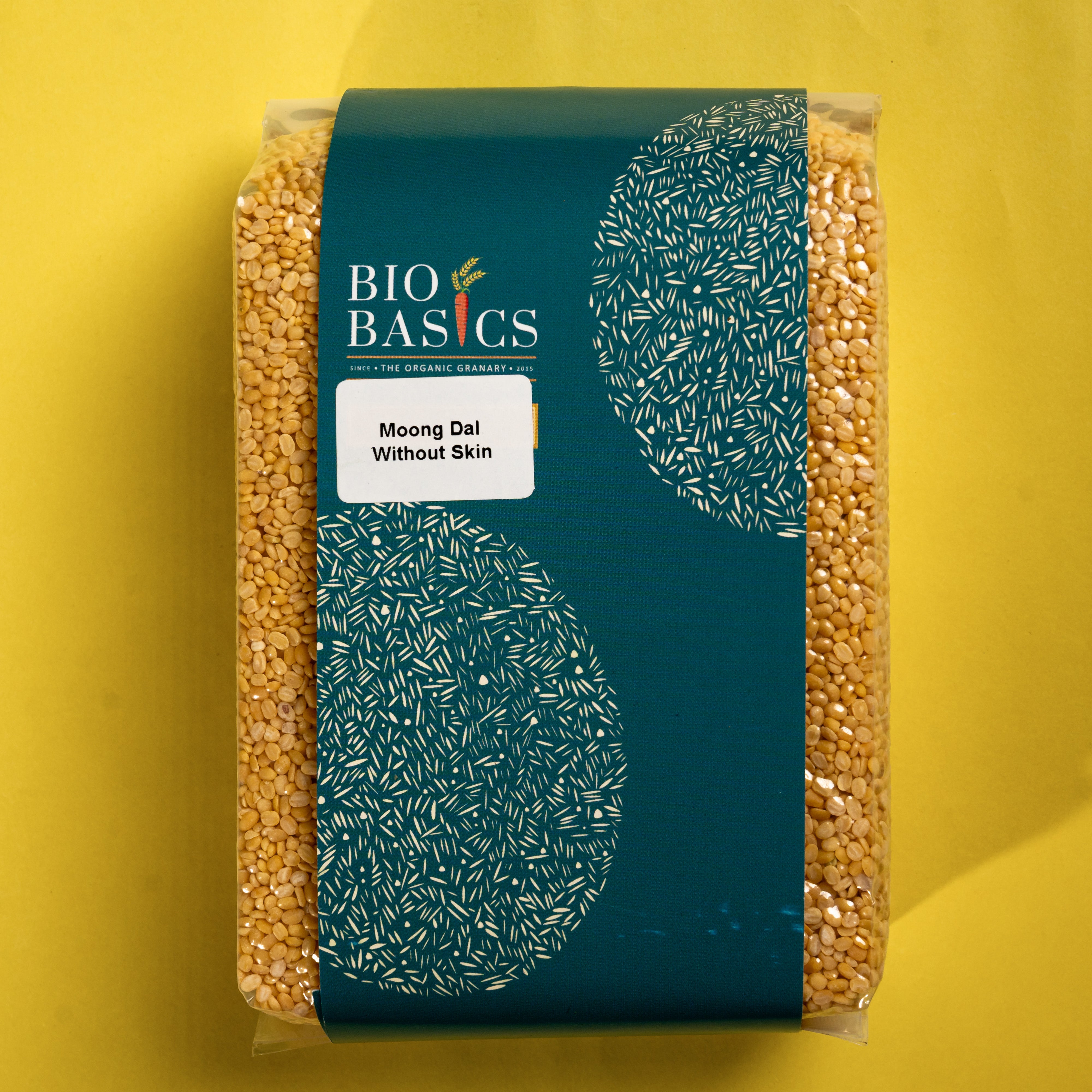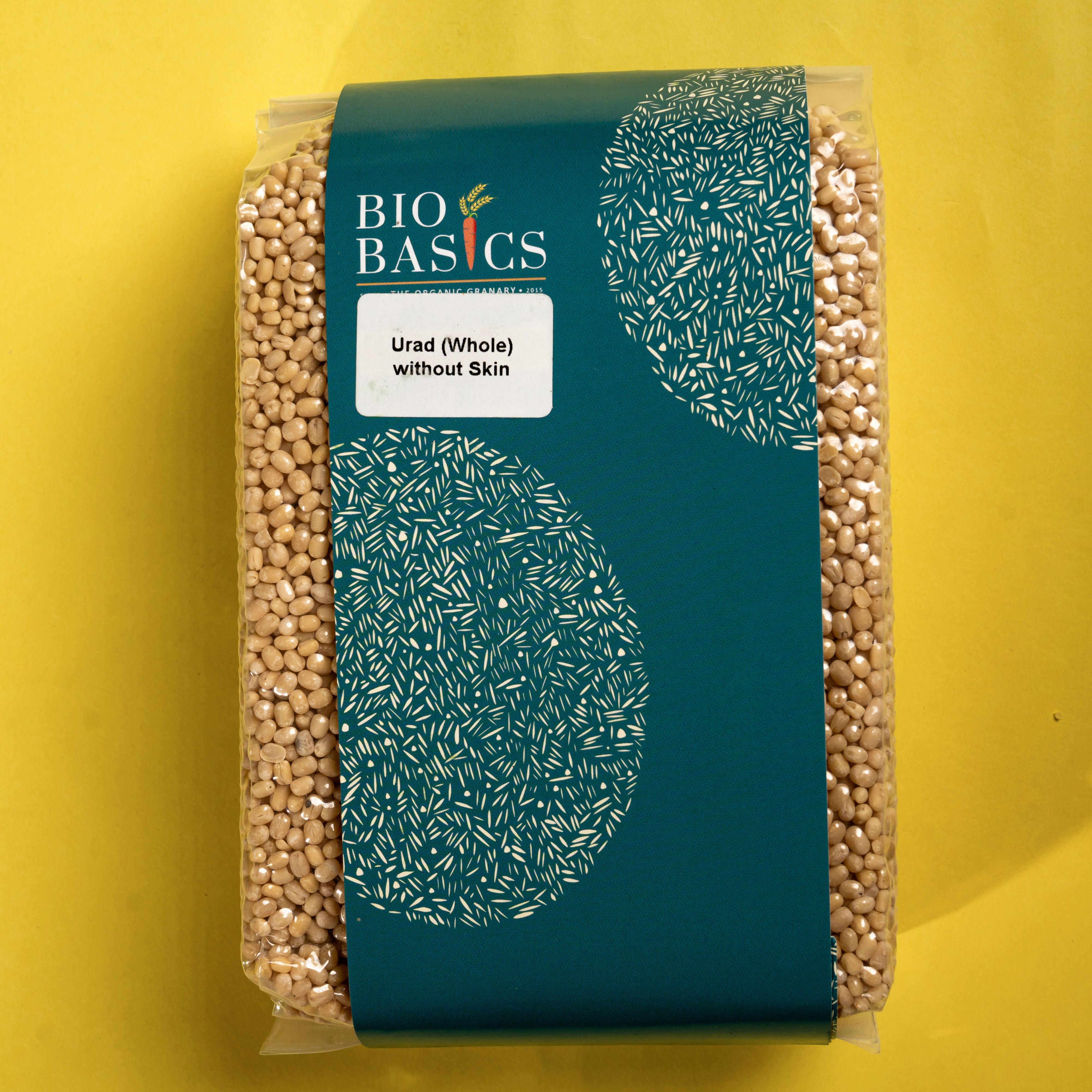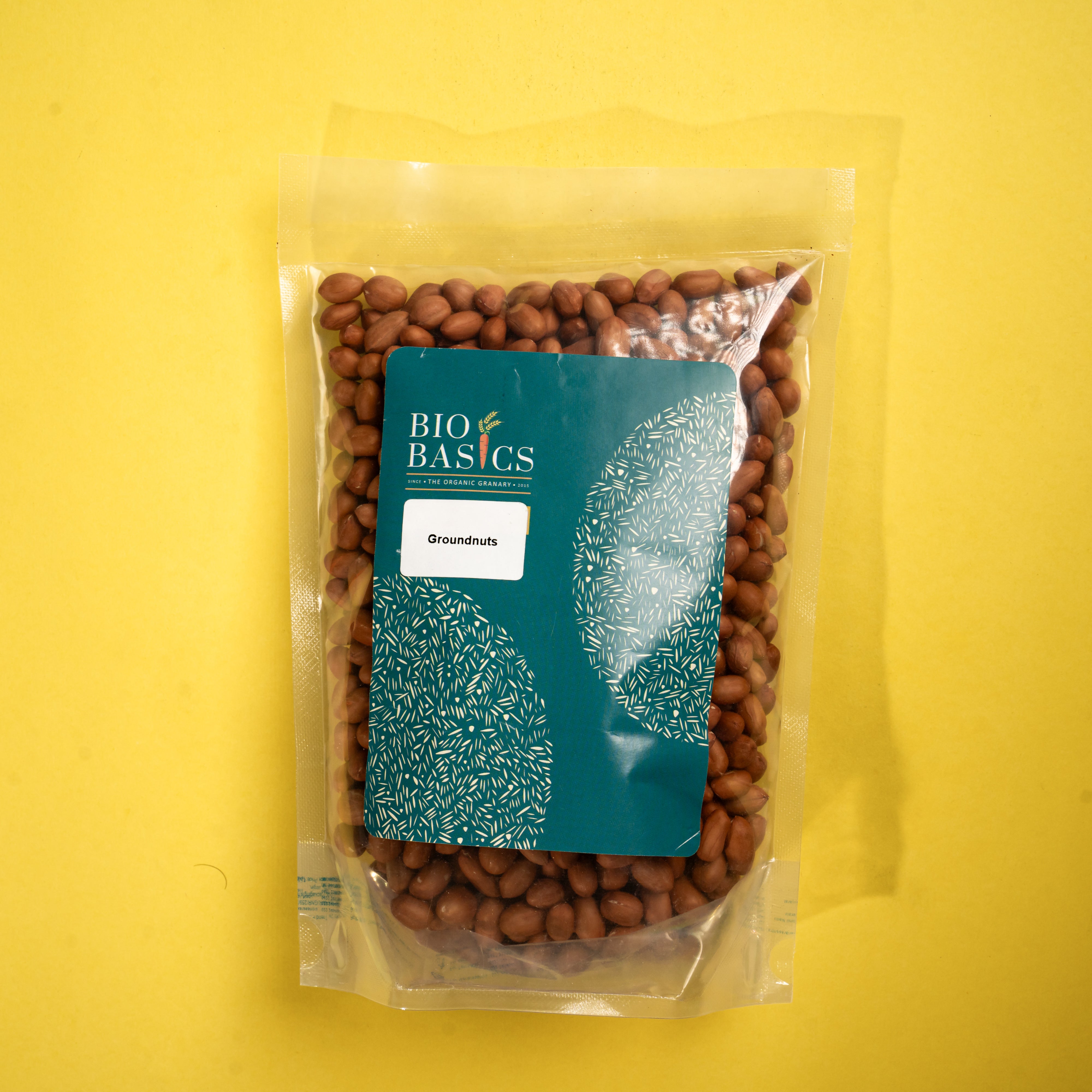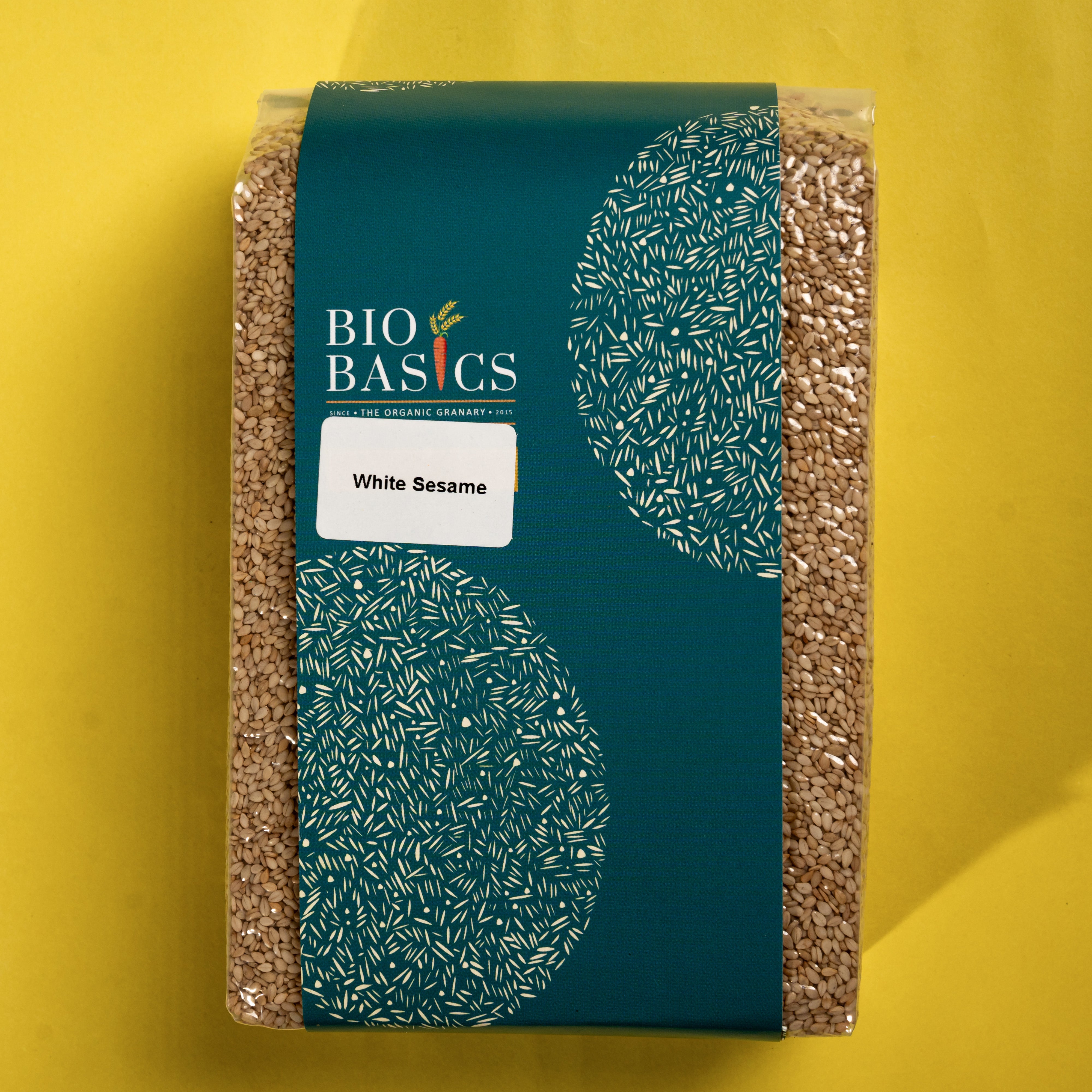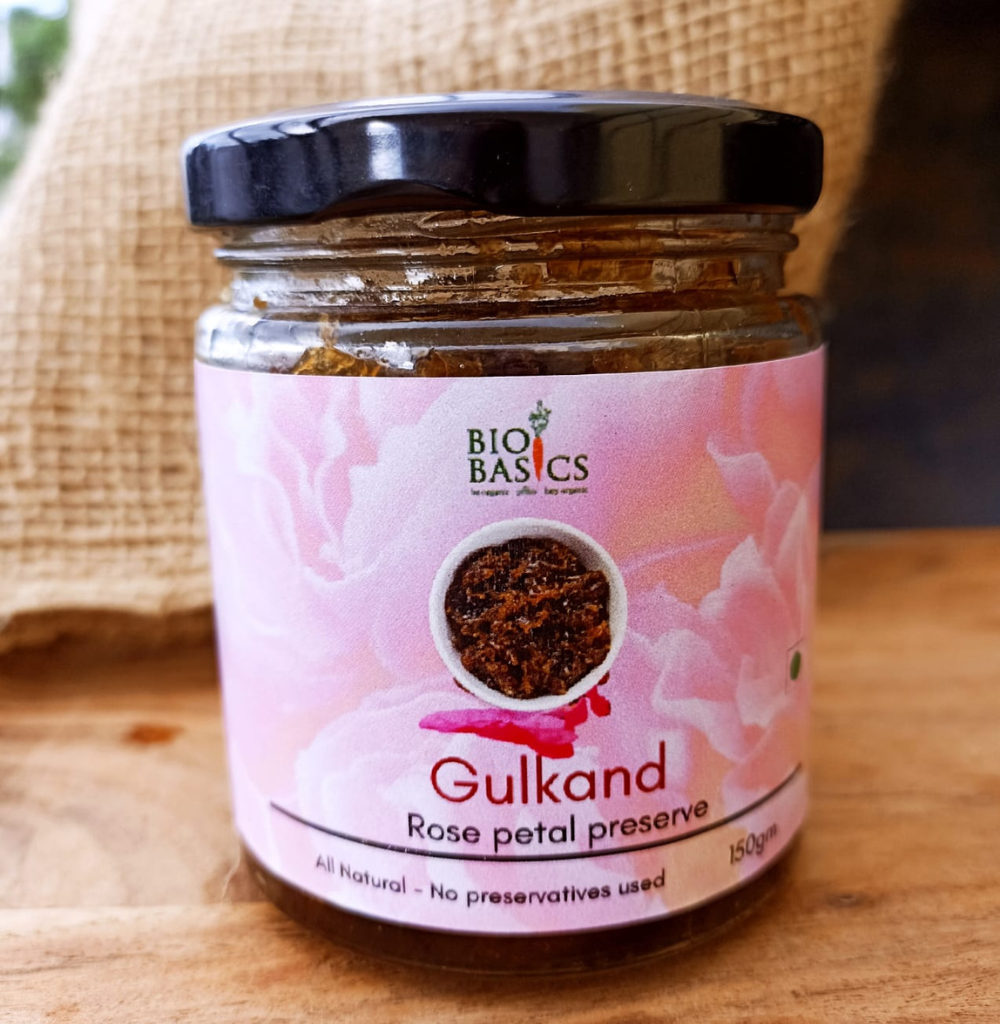
Bio Basics is going to be 9 years old in 2024. When we started Bio Basics in 2015, we had a clear vision of what we were hoping to achieve. That is the purpose behind the brand Bio Basics. This purpose has not changed over these 9 years. In fact, our determination to make our vision a reality, and to work on this very purpose of our Brand has only strengthened year after year.
So what is the purpose behind Bio Basics? What drives each one of us here in the team to work relentlessly day after day?
The following are four aspects of our purpose:
Safe Food and Good Health for All Consumers:

As we all know by now, the regular food available in the market today is laden with chemical concoctions of varying toxicities. These are harmful to our health and most importantly to our children who are the most vulnerable against the onslaught of these chemicals. These chemicals are endocrine disruptors and neurotoxins, which lead to a host of diseases that we see among the general public today. Be it diabetes, obesity, heart disease, cancer, or PCOD. This is not to say that it is only food that is contributing to these diseases. There are other factors as well, but we have to recognise, and most consumers today do recognise, that the quality of food is a major contributor to these diseases. So Bio Basics’ purpose is to provide Safe Food and thereby leading our consumers to Good Health - health which is not just an absence of disease, but health as meant for us by Mother Nature.
Bio Basics also encourages consumers to appreciate cooking at home, and also to recognise that food is indeed our medicine. That is why it is important for consumers to know our food very closely. Towards this end, Bio Basics not only provides an end-to-end one-stop shop of all things organic, but also provides substantial knowledge for consumers so they can empower themselves to view food as their medicine, to understand that Nature has answers to all our health problems, and to appreciate that cooking at home is the healthiest option that all of us can choose.
Supporting our farmers and our farming communities:
India is a land of farmers with over 2/3rds of its population engaged in farming. India is also home to the largest number of organic farmers in the world. Our farming traditions go back several millennia. There is a tremendous amount of knowledge and expertise about growing our own traditional food crops, given our soil and the climatic regions within the country. This knowledge and expertise must be preserved among the millions of farmers that we have. But sadly, because of the onset of chemical agriculture, this knowledge is being replaced by a very simplistic knowledge of use of chemicals on the fields. This is not only harmful to the health of the farmers and the farming community, but it harms their major asset - their own farms and the soil of their farmlands.
So how do we preserve this knowledge and expertise? By ensuring that these farmers and the children of these farmers continue to farm. By ensuring that farming is a viable occupation. By ensuring that the farmers get good remuneration for their crops.
Bio Basics does not haggle with the farmers. It pays the remuneration that the farmer demands. Even today, 9 years since inception, Bio Basics pays the largest share of the consumer price to the farmer directly. Bio Basics procures all its products directly from the farmers or the farmer cooperatives to ensure that the maximum amount of remuneration goes directly to the farmers. This is our commitment to our farmers. And this is how we will ensure that farmers, particularly organic farmers who know how to farm in a natural environment without the use of chemicals, continue farming and maintain their knowledge and expertise.
Protecting the environment:
The use of chemicals in agriculture has damaged, and continues to damage, the environment in many ways. Our groundwater is highly contaminated. The air in rural areas is polluted with these harmful chemicals. Above all, the soil is losing its fertility because of the excessive use of these chemicals. Our environment is suffering and it has no voice. Bio Basics is the voice of this environment. We speak for the environment. Everything we do, we do to ensure that the environment is protected and returned back to its pristine quality - be it the soil, the water, or the air.
Biodiversity - Consume to Conserve:
India is home to 1000s of varieties of rice and 100s of varieties of wheats and millets. But all these varieties have been lost or threatened in the last 50 years, since the onset of the Green Revolution. The Green Revolution promoted homogenization of our crops. It encouraged one or two varieties, which were most responsive to use of chemicals, and to make it worse, the government policies also ensured that only those few varieties are supported by the Minimum Support Price (MSP) benefit for the farmers. This led to farmers choosing to grow only these few varieties in their fields, thereby abandoning the traditional heritage grains, which are known to have much higher nutritive properties and are most adaptable to the local climate and terrain. This has led to the loss of biodiversity across the country, not limited to rices or wheats, but also affecting our vegetables, fruits, including tubers. The number of varieties of potatoes or brinjals or ladies finger, for instance, in India is mind boggling. But what we see in the market today are just a few varieties.
We need to protect and conserve these varieties for a couple of important reasons. Firstly, each crop variety carries a different micro-nutrient profile, thereby providing the consumer with micronutrients, which otherwise are not available to her. By eating this diverse set of crops, the consumer can ensure a much more nutritious intake of food for her family and her children. Secondly, as these varieties are peculiar to the various regions of the country, the farmers can easily grow them in their respective regions, as was done for centuries before the Green Revolution. This ensures that the farmers are not reduced to mere producers of commodities like just a few varieties of rice and wheat, but are curators and growers of unique varieties of rice, wheat, vegetables, and fruits.
By protecting Biodiversity, Bio Basics is also protecting food security and food sovereignty. Food Security refers to the ability of the country to grow its food from a diversified set of crops, rather than overly depending on just a handful of crops. This way we can avoid any calamity or disease that can affect these few crops, and we can continue to grow food for our large population from a large diversified set of crops. Food Sovereignty is the ability of the country to grow its food for its own population, and not depend on other countries for its food requirements.
Bio Basics therefore contributes consciously to Biodiversity by procuring, curating and offering 60 varieties of rices, 10 varieties of wheat and 10 varieties of millets. Bio Basics is the largest (most diverse) granary of organic heritage grains in India today. This not only helps the consumer who can choose very interesting grains for their diet but also ensures self-respect and dignity for the farmers, who grow these unique crops. With this biodiversity, Bio Basics also ensures a very nutritious set of food crops for its consumers. And we can protect this biodiversity only when we the consumers consume this diversity of crops, so that the farmers can grow it, retailers can stock it and governments can support it. Hence our campaign “Consume to Conserve”.
So these are the four pillars of the purpose behind the brand Bio Basics. We articulate this purpose in many ways across social media/online as well as offline. But it is for each of us consumers and farmers alike to imbibe these four aspects of our purpose and carry this word to as many people as possible. This is not just a commercial purpose of Bio Basics. This is a labour of love for Bio Basics. This is a cause that is larger than Bio Basics, and we as a brand are only contributing to that larger purpose.
